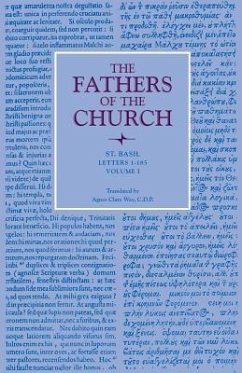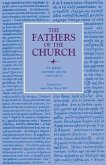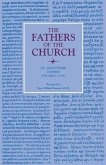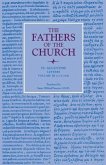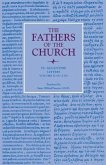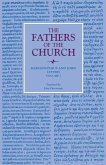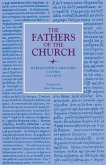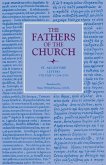The letters of St. Basil, three hundred and sixty-eight in number, which comprise the most vivid and most personal portion of his works, give us, perhaps, the clearest insight into the wealth of his rich and varied genius. They were written within the years from 357, shortly before his retreat to the Pontus, until his death in 378, a period of great unrest and persecution of the orthodox Catholic Church in the East. Their variety is striking, ranging from simple friendly greetings to profound explanations of doctrine, from playful reproaches to severe denunciations of transgressions, from kindly recommendations to earnest petitions for justice, from gentle messages of sympathy to bitter lamentations over the evils inflicted upon or existent in the churches. As may be expected, the style in these letters is as varied as their subject matter. Those written in his official capacity as pastor of the Church, as well as the letters of recommendation and the canonical letters, are naturally more formal in tone, while the friendly letters, and those of appeal, admonition, and encouragement, and, more especially, those of consolation, show St. Basil's sophistic training, although even in these he uses restraint. He had the technique of ancient rhetoric at his fingertips, but he also had a serious purpose and a sense of fitness of things. To St. Basil's letters can be ascribed the qualities he attributed to the heartily approved book written by Diodorus, which qualities may be summed up as fullness of thought, clearness, simplicity, and naturalness of style. He himself disapproved of a too ornate style and carefully avoided it. His early education, however, had trained him for the use of rich diction and varied and charming figures, and, when the occasion warranted it, he proved himself a master in their use. Whether we look at them from an historical, an ecclesiastical, or a theological point of view, the letters are an important contribution.
Hinweis: Dieser Artikel kann nur an eine deutsche Lieferadresse ausgeliefert werden.
Hinweis: Dieser Artikel kann nur an eine deutsche Lieferadresse ausgeliefert werden.

